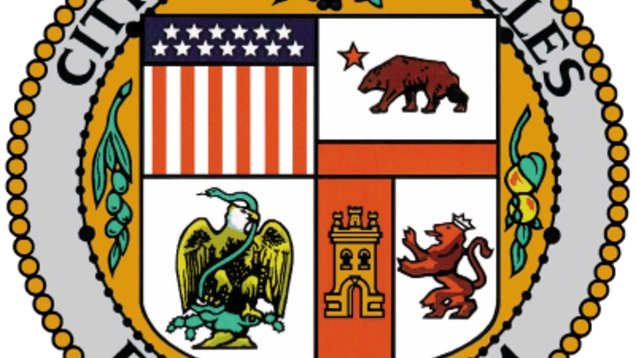
On September 21, the Whitsett West tiny home community opened its doors to serve as interim housing for those experiencing homelessness in my district. It is the third tiny homes village I have opened this year in my district (out of only seven in the entire city). With the completion of Whitsett West, together with our two previous cabin communities and two Bridge Home sites, we have now built enough bridge housing to accommodate 100 percent of the people who were living unsheltered on the streets of the Second District as of the last homeless count.
Achieving this goal allows us to offer dignity and safety to unhoused people, and creates an opportunity for them to receive the services they need to break the cycle of homelessness. At the same time, it is an essential first step to restoring order and access to our streets and sidewalks, which belong to all Angelenos.
I was one of the principal co-authors of the revised Section 41.18 of the Municipal Code, which takes effect this month. Section 41.18 permits the City Council to designate specific areas of the public right of way that will be off-limits to encampments because they are dangerous to public safety, interfere with public access, or are inappropriate in those areas for other specified reasons. The ordinance does not criminalize homelessness, but rather allows site-specific prohibitions based on actual facts relating to particular encampments. Everyone currently living in such an encampment will be offered alternative shelter pursuant to a robust street engagement strategy, a commitment we can now actually fulfill in my district thanks to the bridge housing we have built.
In addition to our bridge housing facilities, we also opened the first Homeless Services Navigation Center in the city. The Navigation Center has already assisted nearly 800 people to transition from homelessness to permanent or interim housing. It has helped more than 800 people find jobs. Visitors to the Navigation Center have received assistance with employment support, legal services, food, clothing and medical care, as well as opportunities to shower, do their laundry, store their belongings and use the Internet.
Overcoming the root causes of the national crisis of homelessness will take many years of concerted effort at all levels of government. In the meantime, here in the East Valley, were taking urgent and impactful steps that will save and transform lives in a humane and compassionate way while also addressing the intolerable impacts of problematic encampments in public spaces.